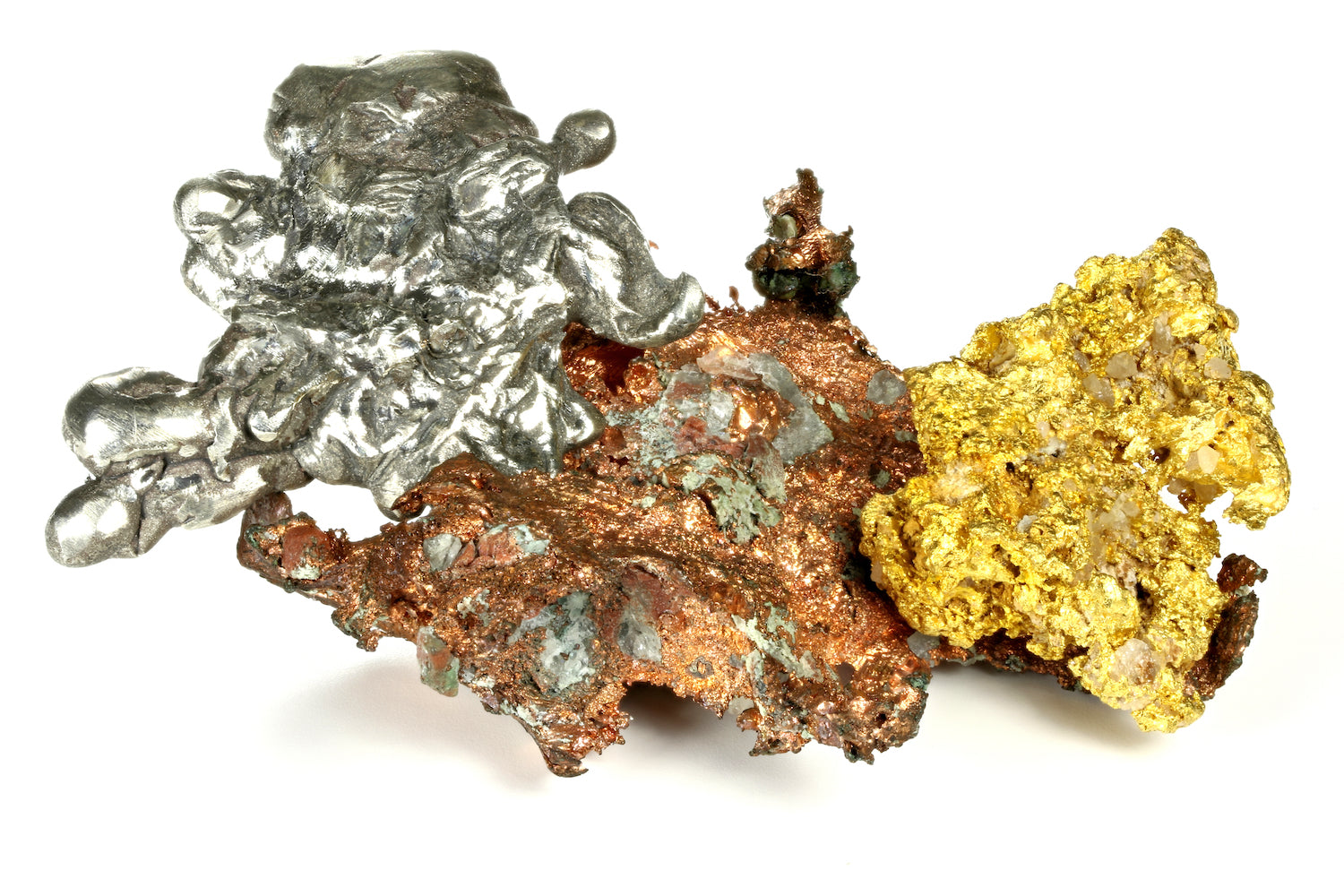Free U.S. Shipping On Orders Over $150

Which Metal Works Best in Anti-Bacterial Sheets? Copper vs Silver vs Zinc
Posted on
With COVID-19 wreaking havoc across the globes, everyone’s worried about being exposed to microbes and germs. It is for this reason that manufacturers have introduced treatments designed to protect people from harmful microbes and bacteria, among other organisms.
Regardless of the industry, manufacturers are doing their best to come up with solutions that can help keep people safe. One such industry is the bedding industry, and understandably so, considering that we spend a good chunk of our day in bed.
And one way that companies in the bedding industry have been playing their part in keeping people safe is by introducing anti-bacterial sheets.
So, what does anti-bacterial really mean?
Well, anti-bacterial really means that the fabric provides protection from harmful microbes such as mold, mildew, and bacteria that grow in moist environments like overused and sweaty linens.
And when it comes to anti-bacterial sheets, they’re made in a few different ways. For instance, in some cases, like with silver threads, the antimicrobial fiber is spun into a yarn and then woven into a fabric. Alternatively, in some cases, a topical solution is added to the finishing process or the dye to create antimicrobial fabric.
Anti-bacterial sheets usually contain one of three metals: copper, silver, or zinc. So, which one is better?
Let’s find out.
Copper
Copper is well-known as an antibacterial agent that is harmless for humans but is highly effective against viruses, germs, microbes, and bacteria, making it a great option for anti-bacterial sheets. Copper is characterized by a self-sterilizing surface that doesn’t require chemical or electrical cleaners. This makes it ideal for preventing users who touch copper’s surface from getting infected by a virus.
Copper anti-bacterial sheets are basically cotton sheets infused with natural copper that gets rid of harmful pathogens. Copper is so effective because it attracts bacteria on a molecular level, and once it makes contact, it ruptures the cell wall, completely destroying bacteria. The metal only takes a few minutes to completely eliminate millions of cells.
And since copper-infused sheets eliminate odor-causing bacteria, ensure constant anti-microbial protection and protect you from infected bedsores, they promise a healthy and restful sleep cycle.
Silver
Silver is another great anti-microbial agent that promotes self-cleaning. It attracts the bacteria by breaking down the cell wall so that the organisms are unable to reproduce.
Silver-infused bed sheets are very durable and don’t wear out even after many washes. They are also very eco-friendly, so you don’t need to wash these sheets very frequently, which helps save both energy and water.
Zinc
Many studies suggest that metal nanoparticles are great at eradicating a variety of pathogens. In particular, zinc oxide has great antimicrobial properties and is safe for humans.
Of course, zinc-infused sheets don’t sound like something you’d like to snuggle with, but the metal boosts wound healing, the immune system, cell growth, and cell division. Plus, zinc can fight the accumulation of bacteria, which means it can keep your sheets fresh for a longer time.
Copper vs Silver vs Zinc - Which one is better?
Both silver and copper are used for creating antimicrobial surfaces, while zinc is a relatively new treatment option. So, which one is the best?
All three metals kill a range of bacteria, including both gram-negative and gram-positive bacteria and all families of strains.
Both copper and silver are capable of killing a range of bacteria with ionization. Both metals attach themselves to the bacteria, disrupt the cell walls, and burst the membrane.
However, the problem with silver is that to be able to release bacteria-destroying ions, it needs a warm environment. In other words, silver is basically ineffective without moisture. So, at room typical indoor humidity and room temperature, silver isn’t really too effective. In fact, even silver nanoparticles are essentially non-toxic until silver ions are released, which requires moisture.
On the other hand, copper is effective at killing bacteria at any temperature and humidity level. Even if you compare copper with silver in a humid environment, copper is the best option. This is because copper has 2 ionic states while silver has just one. Plus, one of the two states for copper (Cu++) is extremely effective against bacteria.
Meanwhile, research is still going on regarding zinc and its effectiveness, and there are very limited options when it comes to zinc-infused bed sheets.
Final Thoughts
All in all, copper is the best material for antibacterial sheets.
Invest in copper-infused sheets!
It might come as a surprise, but your pillowcases and linens are covered with a plethora of microbes and are a breeding ground for both allergens and dust mites. And while experts recommend cleaning sheets every week, we hardly do so. Instead, we continue using the same sheet for even up to a month!
However, with the introduction of metal-infused antibacterial sheets, you don’t have to worry about weekly washing anymore. While different materials are infused in cotton sheets, copper is the best option you can really go for since it effectively kills viruses, fungi, and bacteria responsible for foul body odor and infections. Cotton also helps relieve pain and promotes wound healing.
Quick links
Contact
6063 Hudson Road #160
Woodbury, MN 55125
Yo@hercLeon.com
Leave a comment: